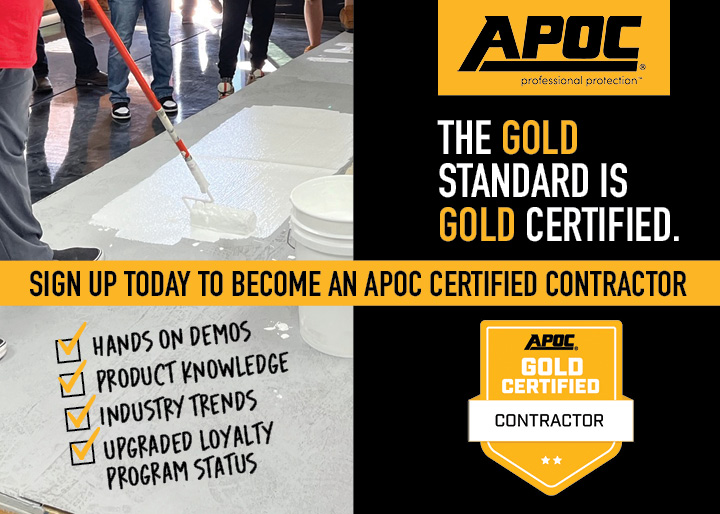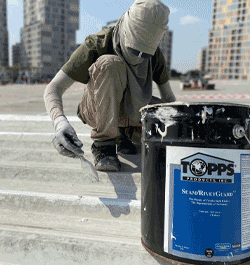UP TO THE MINUTE
How to Improve Your Ranking on Search Engine Results Pages

By Nicci Jay, LMH Agency.
Optimize your website’s content and appear at the top of every page when potential customers search for your services.
Have you ever wondered how you can get your business to appear first above your competitors when customers google services in the area? It all comes down to a search engine optimization strategy and without it, you risk potential customers overlooking your small business. Use the content on your site to ensure this won’t happen and improve the rank of your business on your search engine of choice.
What are SERPs?
SERP stands for search engine results page. Nothing fancy here, it’s the page that is displayed after a user types something into the search engine.
SERPs are basically just the listing of web pages that are most relevant to what you searched for.
A SERP typically consists of the following elements:
- Organic search results: These are webpages that have been indexed by a search engine, based on their relevance to a given query.
- Paid ads: Paid advertisements that are targeted to the user’s query, are almost always at the top of the results page.
- Knowledge graph: A visual representation of certain facts and relationships related to the user’s query (i.e. business traffic, estimated wait times, etc.)
- Related searches: A list of related queries that can provide more context around the user’s query.
- Videos: Videos related to the user’s query.
- Images: Images related to the user’s query.
- Maps: Maps related to the user’s query.
- Shopping: Shopping results related to the user’s query.
- Local listings: Local listings related to the user’s query.
- News: News stories related to the user’s query.
- Social media: Social media posts related to the user’s query.
How can I get ranked higher on SERPS?
Optimize the keywords in your website content
What does it mean to improve the keywords in your content? It means specifically including certain words and phrases that your ideal clients are likely searching on Google or their phones. This way, they’re sure to find you.
If you’re just getting started with keyword research, a really simple way to approach it is to put yourself in your client’s shoes, google one of the services you provide, and then look at the keywords that pop up just under the search bar. It’s a great place to start but we highly recommend doing a keyword analysis so you can super target your local community.
Here’s a quick overview for how you can create keyword rich content:
1 - Create content that is optimized for the keyword you want to rank for. (ex. “Frisco plumbing” or “DFW Volkswagen repair”)
2 - Improve your website’s technical SEO, such as page speed, mobile friendliness and indexability (Google’s ability to read the content).
3 - Build high quality backlinks from other relevant and high authority websites.
4 - Use social media to promote your content and gain more exposure.
5 - Monitor the SERP landscape of our competitors and adjust your SEO strategy accordingly.
6 - Use structured data to enhance your website’s visibility in the SERP.
7 - Monitor your website’s performance and track your keyword rankings.
Improve your core web vitals
Optimizing core web vitals can help you rank higher on SERPs by improving the overall user experience of your website. Core web vitals are performance metrics that measure the loading speed, interactivity and visual stability of a page.
By improving these metrics, you can make your website faster and more user-friendly, which can lead to higher rankings in SERPs.
Utilize imagery and improve overall page speed
Images can help you rank higher on SERPs by providing an additional signal to search engines that the content is relevant to the search.
This can be done by adding descriptive alt tags to your images, as well as making sure the image file name is relevant to the content.
Additionally, using images that are well-optimized can help improve page speed, which is an important factor when it comes to ranking on SERPs.
Original article source: LMH Agency
Learn more about LMH Agency in their Coffee Shop Directory or visit LMH.Agency.



















Comments
Leave a Reply
Have an account? Login to leave a comment!
Sign In